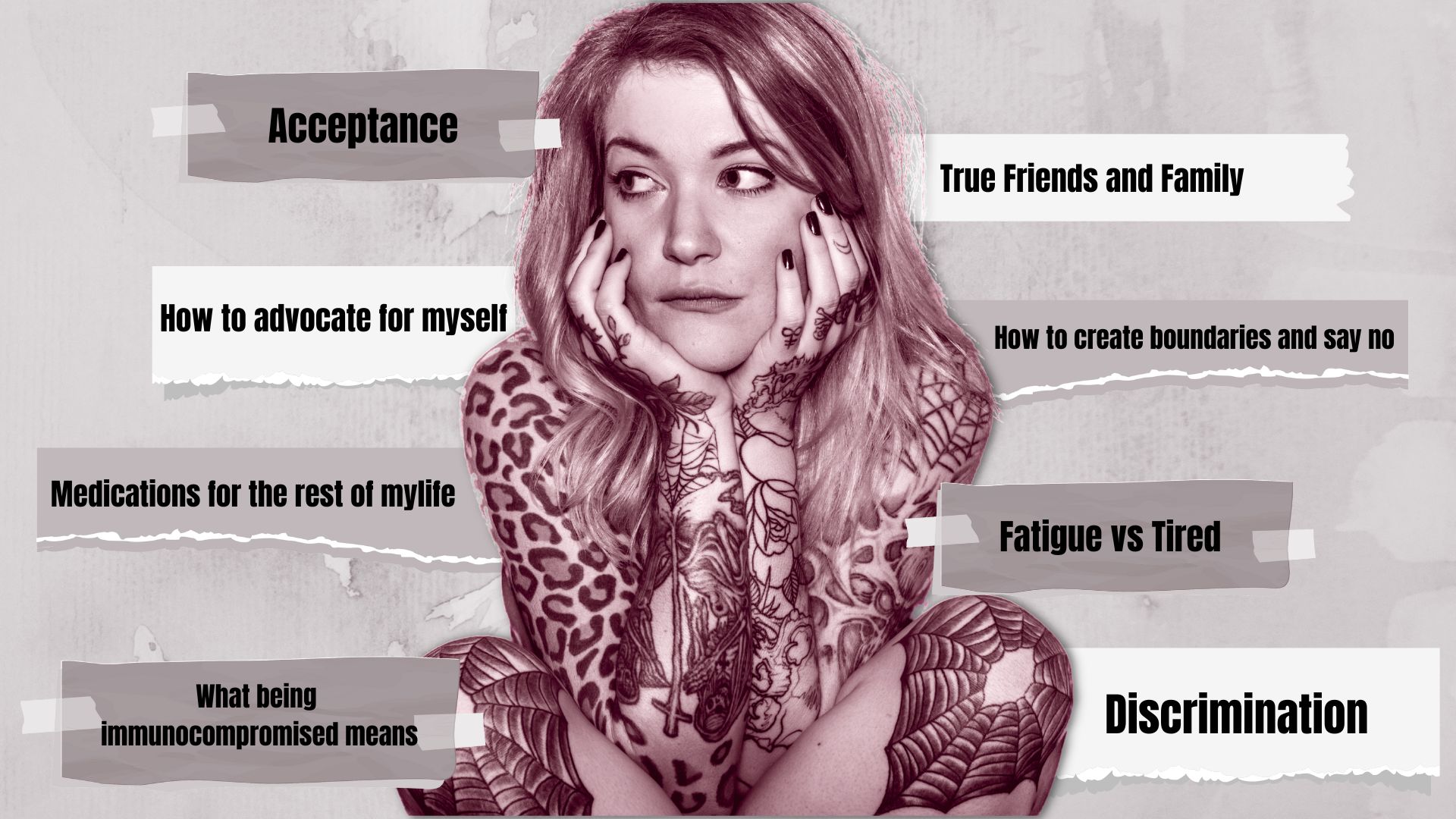Presented by Kevin Deane, MD, PhD, Associate Professor of Medicine, University of Colorado Denver
Inflammation plays a crucial role in the body’s immune response. It is the body’s effort to heal itself from injury, protect itself from viruses and bacteria, and repair damaged tissue. Without inflammation, an injury or infection could kill you. Inflammation can also become a problem, though, in chronic conditions like rheumatoid arthritis (RA). When the immune system begins to attack parts of the body that should not be considered foreign or injured — attacking parts of YOU — then it is called an autoimmune response. In this case, the immune system has gone awry, leading to an unwanted inflammatory process. Is there any way to predict who might develop an autoimmunity or when it might happen? And can it be prevented? Dr. Deane, rheumatologist and researcher at UC Denver, and his team are studying this very topic in a clinical trial. In this webinar, you’ll learn about the trial as well as what researchers currently know about how genetics and family history, lifestyle and environment, and other factors affect the risk of developing an autoimmune disease.
Fast Facts from the Webinar
1. Early diagnosis of autoimmune disease is critical
It’s much easier to put out a candle or a camp fire than it is to extinguish a forest fire. Early diagnosis and aggressive treatment of an autoimmune response is important. It is far easier to manage a haywire inflammatory process before it establishes itself in the body and gets out of control.
2. Certain lifestyle changes can help prevent autoimmune disease
There are few things that can be done to help prevent an autoimmune disease. Personal health is a contributor, so eat a healthy (Mediterranean) diet, exercise regularly, and avoid smoking. Hereditary factors play a role, so it’s important to know whether autoimmune disease runs in your family and watch for symptoms.
3. Predicting who will get autoimmune disease is challenging
Predicting an autoimmune condition is difficult since having a family history does not necessarily mean that you will develop autoimmunity. For most autoimmune conditions, autoantibodies appear in the blood 3-5 years before a person feels sick. Therefore, it is important to be aware of your family history, know your possible risk of developing an autoimmune disease, and stay alert. Discuss these things with your doctor so you can make decisions early (at the candle stage).
Learn More About the StopRA Trial
StopRA is a research study whose goal is to prevent RA in people who don’t yet have RA, but who are at risk for future RA because of an elevated blood test called CCP. Since RA runs in families, they are interested in talking with you and your family about participating in StopRA and getting tested for CCP. For more information, go to ClinicalTrials.gov or contact StopRA study coordinator Marie Feser at (303) 724-7510 or marie.feser@ucdenver.edu.
About the Presenter
Kevin Deane, MD, PhD, is an associate professor of medicine at the University of Colorado Denver.
Get Involved in Arthritis Research
If you are diagnosed with arthritis or another musculoskeletal condition, we encourage you to participate in future studies by joining CreakyJoints’ patient research registry, ArthritisPower. ArthritisPower is the first-ever patient-led, patient-centered research registry for joint, bone, and inflammatory skin conditions. Learn more and sign up here.
This webinar was produced with the Autoimmune and Systemic Inflammatory Syndromes Collaborative Research Group (ASIS CRG). As part of the National Patient-Centered Clinical Research Network, this research group collaborates with stakeholders including patients, caregivers, advocacy groups, providers, and funders early on to move research forward more quickly and more efficiently. Learn more about our work here.





